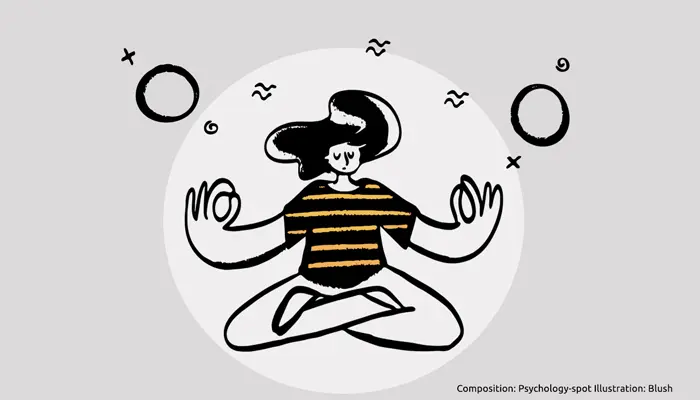
In recent years, the “uncontrolled” emergence of personal growth gurus has increased the interest of the general population in positive visualization techniques. In fact, many of the methods proposed by some gurus revolve around visualization. Thus, it is stated that visualizing a goal can really help us achieve it, but… is it true? Can visualization help us achieve our goals?
Obviously, sitting down to visualize a goal will not be of any use to us if we do not assume a proactive attitude, but this practice can be helpful since visualization is really a psychological technique that has been applied for years.
Positive visualization is truly effective when…
Self-help books without any scientific basis claim that if we imagine ourselves getting a promotion, meeting the ideal partner or buying a mega-house, sooner or later this dream will materialize.
However, research in the area of Scientific Psychology shows that this idea is not entirely correct. A study conducted at New York University has shown us that people who spend more time recreating positive fantasies perform worse than people who are more realistic.
The participants in this study were followed for a period of two years, at the end of which it was noted that those who visualized more positive situations obtained worse results because they were less proactive. Perhaps living the fantasy is in itself rewarding and motivates people less to fight for their goal.
Reinforcing this idea is research carried out at the University of California according to which positive and truly effective visualization is one that focuses on the process and not the results.
On this occasion, the researchers asked a group of 101 students to visualize the final result of their exams or to visualize the study process step by step. The results left no room for doubt: students who used visualization to program the process spent many more hours studying and obtained better scores than students who simply visualized the final result.
Why?
Simply because visualizing the process allows us to focus attention on the steps we must take to achieve the objective. At the same time, this gives us a greater sense of security and reduces anxiety.
In summary, visualization continues to be an excellent technique for treating many psychological problems, but when it comes to achieving objectives it is much better to focus on the process itself than on the expected results.
References:
Oettingen, G. & Mayer, Doris. (2002) The motivating function of thinking about the future: Expectations versus fantasies. Journal of Personality and Social Psychology ; 83(5): 1198-1212.
Pham, LB & Taylor, SE (1999) From Thought to Action: Effects of Process-Versus Outcome-Based Mental Simulations on Performance. Pers Soc Psychol Bull; 25(2): 250-260.




Leave a Reply